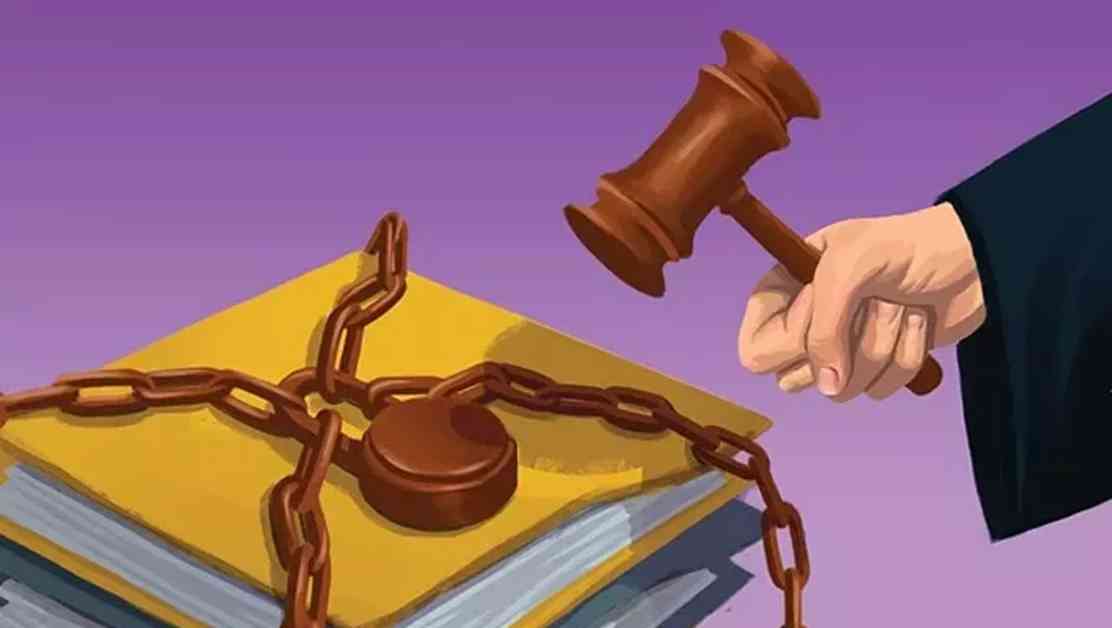Supreme Court Victory for Slate Valley Unified School District
The Vermont Supreme Court recently handed down a crucial ruling in favor of the Slate Valley Unified School District, stating that the district is not obligated to release documents related to the use of restraint and seclusion in its schools to the public. This decision comes after a contentious legal battle that has raised questions about transparency and accountability within the educational system.
Legal Battle Unveiled
The court’s decision overturns a previous order from a superior court judge in December 2023, which mandated the district to release the documents with identifying student information redacted. These documents, known as 4500 forms, are filled out by school employees when they physically restrain or confine students to calm them down. The school district argued that these forms are considered student records and are therefore exempt from Vermont’s Public Records Act.
Former high school teacher and current school board member Curtis Hier initiated the lawsuit, concerned about potential mistreatment of Slate Valley students. Hier’s relentless public records requests and social media posts led to the legal battle, culminating in the Supreme Court’s decision in favor of the school district.
Implications for Transparency
Hier expressed disappointment in the court’s ruling, highlighting concerns about transparency and accountability at Slate Valley. He alleged that school personnel were not investigated for reported abuses, despite parent complaints. Meanwhile, Slate Valley superintendent Brooke Olsen-Farrell welcomed the decision, emphasizing the importance of student privacy and safeguarding sensitive student records.
Protecting Student Privacy
Olsen-Farrell’s relief at the court’s ruling underscores the broader implications of this legal battle. By upholding the school district’s stance on student record confidentiality, the Supreme Court has set a precedent for protecting student privacy rights across Vermont. This victory is not only significant for Slate Valley but also for students statewide, ensuring their fundamental right to privacy is upheld.
In a world where transparency and accountability are paramount in our educational institutions, this case serves as a reminder of the delicate balance between public access to information and safeguarding students’ privacy rights. While the legal battle may have concluded, the broader conversation around transparency and accountability in schools continues to evolve. How can we ensure that students’ rights are protected while maintaining transparency within our educational system?









